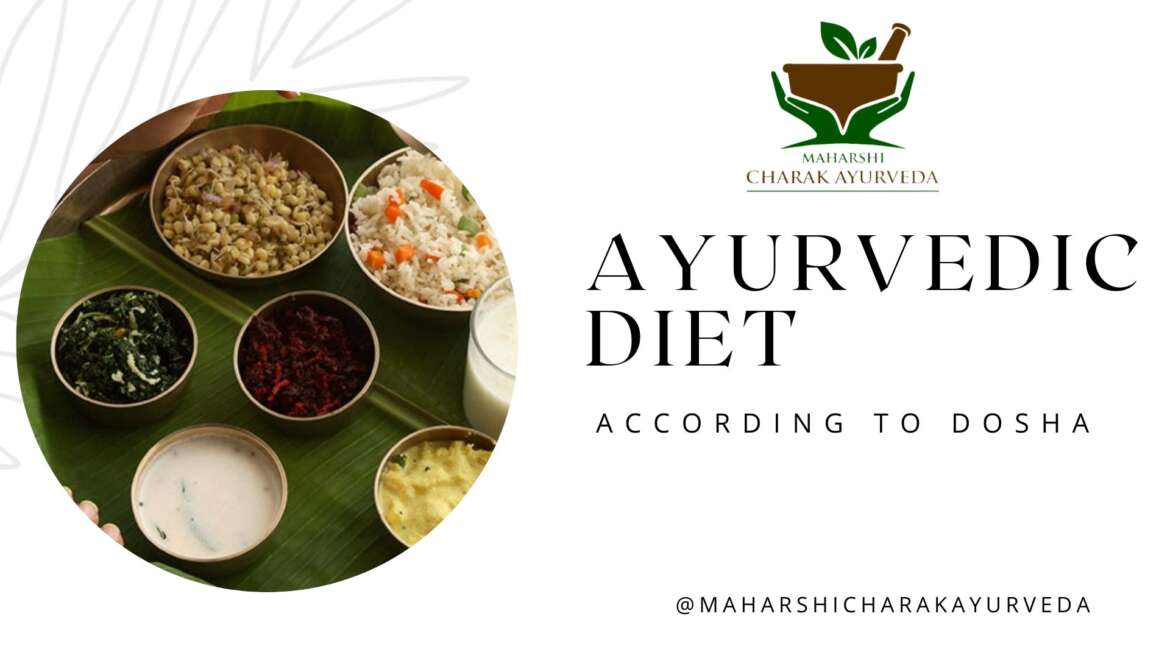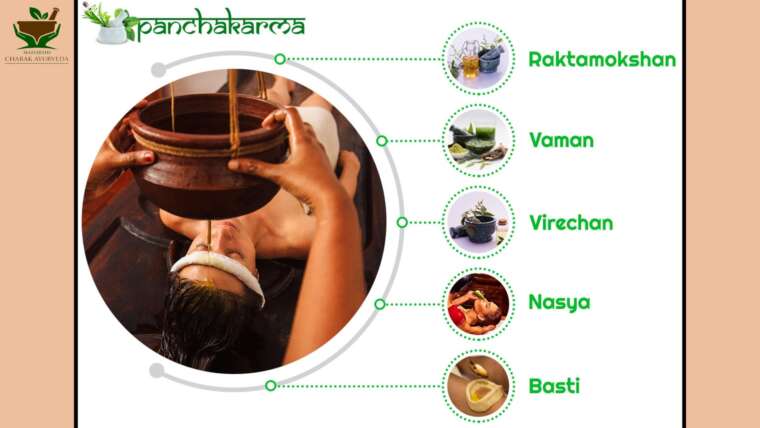The Ayurvedic approach to diet revolves around the concept of doshas—Vata, Pitta, and Kapha—representing the fundamental energies or principles that govern the functioning of our bodies. Each individual has a unique combination of these doshas, and understanding and aligning one’s diet with their dominant dosha can significantly impact overall health and well-being.
Understanding Doshas
- Vata Dosha:
- Vata is characterized by qualities of air and space. It governs movement, creativity, and communication in the body.
- Those with a dominant Vata dosha tend to be energetic, creative, and imaginative but can also experience anxiety, dry skin, and digestive issues.
- The key to balancing Vata is incorporating warm, grounding, and nourishing foods into the diet.
- Pitta Dosha:
- Pitta is characterized by qualities of fire and water. It governs metabolism, digestion, and transformation in the body.
- Individuals with a dominant Pitta dosha are often ambitious, focused, and intense, but may experience irritability, inflammation, or digestive problems.
- Balancing Pitta involves incorporating cooling, hydrating, and calming foods into the diet.
- Kapha Dosha:
- Kapha is characterized by qualities of earth and water. It governs stability, structure, and lubrication in the body.
- Those with a dominant Kapha dosha tend to be calm, patient, and nurturing, but they can also experience sluggishness, weight gain, and congestion.
- To balance Kapha, individuals should include stimulating, light, and warming foods in their diet.
To know your body type and Dosha you can take consultation with Ayurveda Doctor.
The Ayurvedic Diet Guidelines
- Eat According to Your Dosha:
- Vata-Pacifying Diet: Include warm, nourishing foods like cooked grains, soups, and root vegetables. Opt for sweet, sour, and salty tastes and avoid cold, raw, and dry foods.
- Pitta-Pacifying Diet: Emphasize cooling foods like fruits, vegetables, and dairy. Incorporate sweet, bitter, and astringent tastes while reducing spicy, salty, and sour foods.
- Kapha-Pacifying Diet: Choose warm, light foods such as beans, grains, and steamed vegetables. Favor pungent, bitter, and astringent tastes, while minimizing sweet, salty, and oily foods.
- Mindful Eating:
- Eating in a calm and mindful environment is crucial in Ayurveda. Chew your food thoroughly and savor each bite to aid digestion and absorption of nutrients.
- Balanced Meals:
- Aim for a balanced meal incorporating all six tastes—sweet, sour, salty, bitter, pungent, and astringent—in every meal to ensure overall satisfaction and nourishment.
- Seasonal Eating:
- Adapt your diet according to the seasons. In colder months, favor warm, grounding foods, while in warmer months, opt for lighter, cooler options to align with nature’s changes.
- Fresh and Organic Foods:
- Choose fresh, organic, and locally sourced foods whenever possible to maximize the nutritional content and minimize exposure to toxins and chemicals.
- Hydration:
- Stay adequately hydrated with room temperature or warm water throughout the day. Avoid very cold or iced beverages, as they can disrupt digestion.
Sample Ayurvedic Diet for Each Dosha
- Vata-Pacifying Diet:
- Breakfast: Warm oatmeal with cooked apples and a sprinkle of cinnamon.
- Lunch: Quinoa and steamed vegetables with a side of cooked lentils.
- Dinner: Baked sweet potatoes, sautéed greens, and a portion of grilled fish.
- Pitta-Pacifying Diet:
- Breakfast: A smoothie with coconut milk, spinach, and frozen berries.
- Lunch: A salad with leafy greens, cucumbers, and quinoa.
- Dinner: Stir-fried tofu with mixed vegetables and brown rice.
- Kapha-Pacifying Diet:
- Breakfast: Warm spiced chia pudding with a few almonds.
- Lunch: Lentil soup with a side of steamed broccoli.
- Dinner: Grilled chicken breast with roasted vegetables and a light quinoa salad.
Conclusion:
The Ayurvedic diet is a personalized approach to nutrition that takes into account an individual’s unique constitution and aims to bring balance and harmony to the body and mind. By understanding your dominant dosha and following the recommended dietary guidelines, you can optimize your health and well-being while enjoying a variety of delicious and nourishing foods that align with your body’s needs. Always consult with an Ayurvedic practitioner for a comprehensive understanding of your dosha and personalized dietary recommendations.





